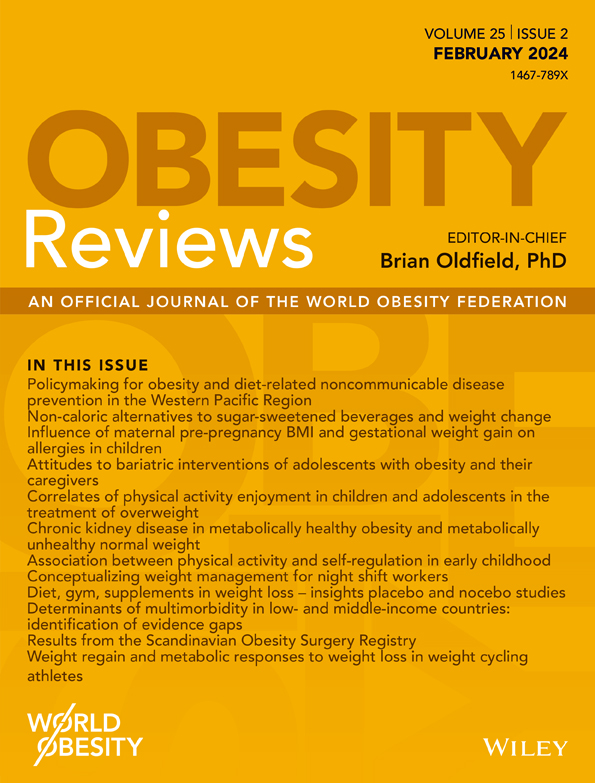Diet-focused behavioral interventions to reduce the risk of non-communicable diseases in low- and middle-income countries: A scoping review of existing evidence
Abstract
Purpose
Non-communicable diseases (NCDs) are on the rise worldwide, with low- and middle-income countries (LMICs) bearing more than three-quarters of global deaths from NCDs. Unhealthy diet is a major risk factor for NCDs. This scoping review compiles evidence on the effectiveness of diet-focused behavioral interventions in LMICs.
Methods
We conducted a search of five databases to identify studies that evaluated a broad set of behavioral interventions to address diet in LMICs. The final sample comprised 52 studies. The interventions investigated were education (N = 10), messaging (N = 12), multi-component (N = 26), and others (N = 4). Fiscal interventions were excluded as their impacts have been widely studied in prior research. The most common evaluation methods were randomized controlled trials (N = 31) followed by pre-post comparisons (N = 13). We extracted effect sizes for: biological risk factors (such as cholesterol or body mass index), nutritional intake for different food groups (e.g., fruits and vegetables), and nutritional knowledge.
Results
Studies of behavioral interventions to promote dietary change reported a broad range of outcomes. The most commonly reported outcomes were body mass index (BMI), intake of specific foods, and nutrition knowledge. Most interventions produced small effects in the expected direction. Many of the studies fell short of quality measures, with quality being affected by small sample sizes, no adjustment for multiple hypothesis testing, and a lack of objectively measured outcomes. A few LMICs were heavily represented. Overall, there was limited evidence on how to effectively promote healthier diets through behavioral interventions in LMICs. Existing studies have examined a narrow range of interventions and provided little evidence that health outcomes substantially improved.

 求助内容:
求助内容: 应助结果提醒方式:
应助结果提醒方式:


